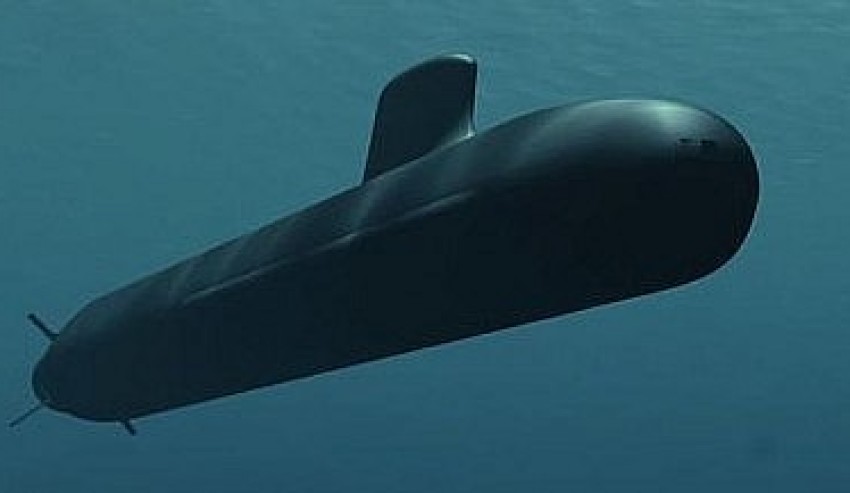Defence Industry Minister Christopher Pyne has hit back at senator Rex Patrick’s claims that the Future Submarine project is coming off the rails and heading towards a multibillion-dollar blowout.
Senator for South Australia Rex Patrick this week called on the government to establish an independent board for oversight of the $50 billion SEA 1000 project, cautioning that Defence and contractor Naval Group's failure to deliver plans due under the design and mobilisation contract for the project signals billions of dollars of extra cost and years of delays.
"These milestone signals are like the canary in the coalmine," said Patrick, a former submariner and project manager within defence industry.
"In this case, the canary has fallen off the perch and Defence are ignoring that fact. In the context of a $50 billion project spanning multiple decades, these small problems can easily cascade and turn into years of delays and billions of dollars of additional cost."
Minister Pyne rejected these comments, telling Defence Connect, "The submarine project is on time, on budget and does have independent oversight outside Defence. Any suggestion to the contrary is demonstrably false."
A spokesperson for the minister also said the overdue plans do not affect the schedule or cost of the project.
"Neither of the two plans referred to, the Australian Industry Capability Plan and the Australian Steel Plan, have any impact on schedule or cost," the spokesperson said.
"The Australian Industry Capability Strategy and Australian Steel Development and Qualification Study are both due by April."
If the plans are delivered by April this year, it will be a year later than scheduled in the Design and Mobilsiation Contract. Senator Patrick has questioned how Naval Group has been able to engage Australian industry properly, or at all, without final approval of the plans.
Speaking to Defence Connect, Patrick asked, "If the Australian Industry Capability plan has not been finalised and approved, then how can Naval Group be engaging Australian industry properly, or at all?
"Australian industry involvement is critical to this project from a national security, defence industry capability and economic perspective. I am very concerned with this particular delay."
Rear Admiral Greg Sammut, Head of the Future Submarine Program, told Senate estimates last October that the hold ups on the steel plan related to Australian steel companies implementing "appropriate security arrangements".
"It took longer than we expected to put in place the security arrangements with Bisalloy and BlueScope, who will be responding to the request for information that will form an important part of that study," he told estimates.
Senator Patrick told Defence Connect that despite the best intentions within Defence and the Minister Pyne's office, the government must bring in an experienced project manager to support RADM Sammut to ensure the project runs on time and on budget.
"Minister Pyne is a really nice guy, I like him a lot, but he has little real life experience outside the Parliament and absolute no experience running a project. I have lived and breathed projects all my life, including more than a decade as a project manager. Noting the lack of experience, this could well be ‘amateur hour’ in the minister’s wing, something that might be considered amusing if it wasn’t so serious," Patrick said.
The former submariner and project manager added that Defence has a history of not identifying or acknowledging problems within large Defence acquisition projects.
"Defence have a long track record of refusing to publicly acknowledge procurement problems until those problems are so big that they cannot be denied and the responsible managers have already moved on," he said.
"There have been a litany of failures and blowouts in Defence projects over the years costing tens of billions of dollars with Defence never having once identified early in the piece that those projects were going off the rails. The Navy's Seasprite helicopter project is a case in point. Navy were holding on to that project right up until the day it was cancelled. In that project, $1.4 billion was spent with absolutely no outcome for Defence or the taxpayer."
Naval Group was awarded the Future Submarine contract in 2016. The first stage of design of the Future Submarine, known as functional analysis, was completed on schedule in October 2017. At the fourth Submarine Science, Technology and Engineering Conference in Adelaide last year, Minister Pyne revealed the submarines will be 97 metres in length and 8.8 metres in diameter.
The next stage of design, known as feasibility studies, has commenced as planned, according to Defence. All 12 submarines will be built in Adelaide at Osborne.








